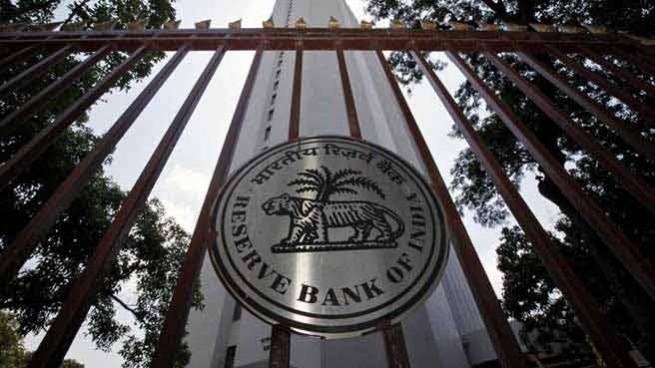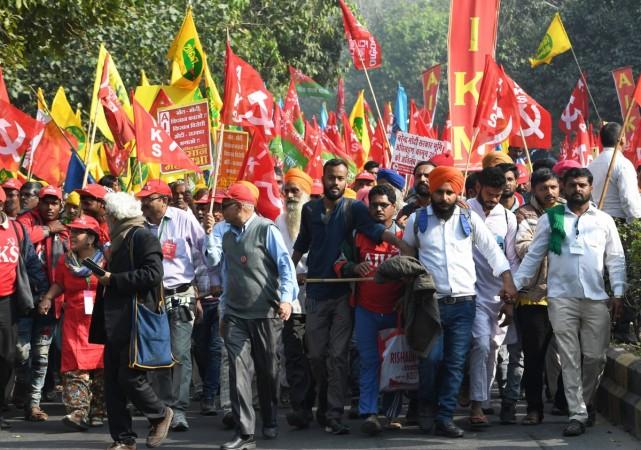
The Reserve Bank of India (RBI) shares the government's worries about the economy's liquidity squeeze with Prime Minister Narendra Modi facing a general election in a few weeks. Since former bureaucrat Shaktikanta Das has taken over from Urjit Patel as governor, the RBI has taken several steps to address the liquidity crisis, which the government thinks is affecting the feel-good effect that the economy needs to generate during a general election.
Economists widely believe that the RBI will follow up with another round of rate cut, dividend transfer to the government and dollar-rupee swap auction to ignite growth in the next couple of weeks.
The RBI's monetary policy committee is meeting next week and most experts in a Bloomberg survey believed there could be a second round of 25-basis-point rate cut since Das took over in December, neutralising the rate hikes during his predecessor's term. Patel finally stepped down after Finance Minister Arun Jaitley and independent members on the RBI board put pressure on him.
Apart from the rate cut, economists expect the RBI to pay another dividend to the government ahead of the elections. Reports say the central bank that paid the government Rs 28,000 crore in January will follow up by releasing another tranche of the total Rs 40,000 crore that it was expected to release until the end of April.
"The new governor is seen as more amenable to the government's wish to keep policy loose and boost growth," Shilan Shah, senior India economist at Capital Economics in Singapore, told Bloomberg. "Headline inflation is low and that gives the RBI room to cut, which, coming as it would just before an election, should provide a boost to sentiment."
The benign inflation situation that remains within the targeted four per cent allows the RBI enough elbow room to play around with the interest rates. Sources say the RBI expects inflation to stay below that threshold until the end of the year.

Though the market still thinks Prime Minister Modi will lead the Bharatiya Janata Party-led National Democratic Alliance (NDA) back to power after the staggered general election the results of which are scheduled on May 23, the slowdown is seen as a setback to the government. The government's performance, particularly on the job front, has been disappointing.
The RBI has eased banking norms on non-performing assets (NPA) to bring in more liquidity to the banking sector in an attempt to stimulate growth in the micro, small and medium enterprises sector (MSME). The first tranche of RBI dividend payment this year helped the North Block recapitalize some of the most distressed public sector banks including the Punjab National Bank, hit by the Nirav Modi scam.
The RBI will go for the second $5-billion dollar-rupee swap in a month on April 23, according to a notification. It bought $5 billion through a similar swap auction on March 26. The central bank, apparently, has been encouraged by the success of the first option when market participants offered up to $16.31 billion against the notified $5 billion in the first auction.








